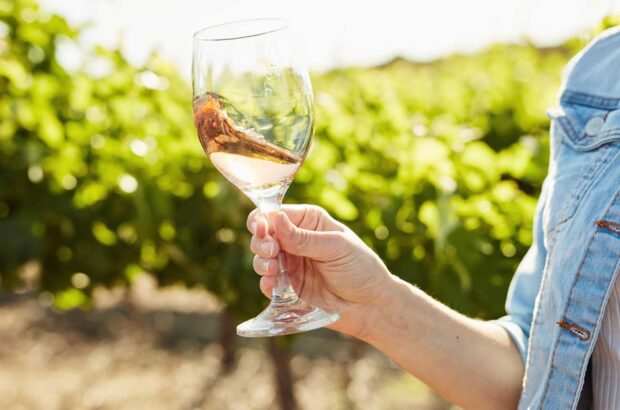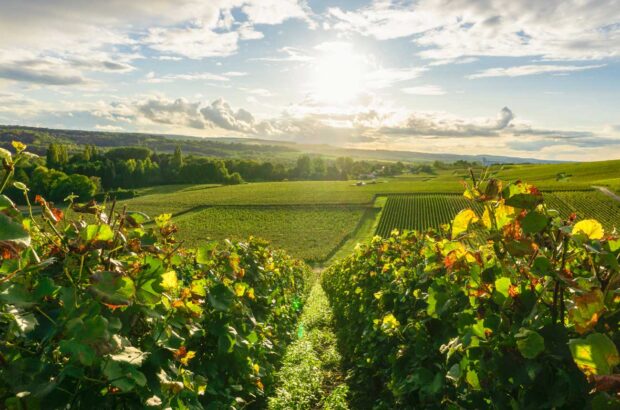Ministers have said plans to link duty tax more closely to alcohol levels (abv) from February 2023 will create a simpler and fairer system, but UK wine trade leaders have called for a government rethink.
The issue is coming to a head as a government-led consultation period nears its 30 January deadline.
While plans to abolish the premium tax rate on sparkling wine have been widely welcomed, the new system would see duty increase on some still and fortified wines.
This could lead to price rises, according to the Wine & Spirit Trade Association (WSTA) and others.
‘We have consulted our membership and written a comprehensive response to the consultation, in which we make it very clear that the current proposals fail to take advantage of an opportunity to reform an outdated and unfair tax,’ said Miles Beale, WSTA’s CEO.
‘Far from being more economically rational, the proposals would embed and increase the illogical and unfair treatment of spirits and wine while taxing beer and cider even more lightly than now.’
Beale also said the plans were ‘unworkable’ for wine specifically, because factors like growing season conditions make it more difficult to control alcohol and hit consistent abv levels, compared to beer and spirits.
He said that he hoped the problems were ‘unintended consequences’ and that ministers will modify the reform plans.
Importer and distributor Liberty Wines said linking duty to abv would distort the market for premium wine at a time when more people are drinking ‘less but better’. It also said the plans ‘will limit the diversity of wine sold in the UK’.
Some premium wine styles naturally have a higher or lower abv, it said. ‘A 14.5% abv Barolo does not result from a decision to produce a higher-alcohol wine but instead reflects the grapes the wine is made from, [and] the climate those grapes were grown in.’
Liberty said it would be better to have flat rates of duty per volume for wine and fortified wine, regardless of abv. ‘The definitions of wine and fortified wine should continue to correspond with international standards (8.5%-15% abv and 15%-22% abv respectively),’ it said.
Currently, still wines between 5.6% and 15% abv have the same duty rate. Current reform plans would mean all products between 8.5% and 22% abv ‘taxed at a single flat rate per litre of pure alcohol’, according to the government.
It’s expected that a still wine at 11.5% abv would see little change, but many wines’ abv is higher than this. ‘We expect still wine duty to rise across our business by an average of 18p a bottle (+8%),’ said Liberty.
A still wine at 15% abv would see its duty tax increase by 68p, to £2.91, said the WSTA after the chancellor’s Budget speech last year.
Helen Whately MP, exchequer secretary to the Treasury, said in the government’s consultation document, ‘The system we are setting out today represents a pragmatic balance between the social, economic and fiscal considerations that affect alcohol duty.’







